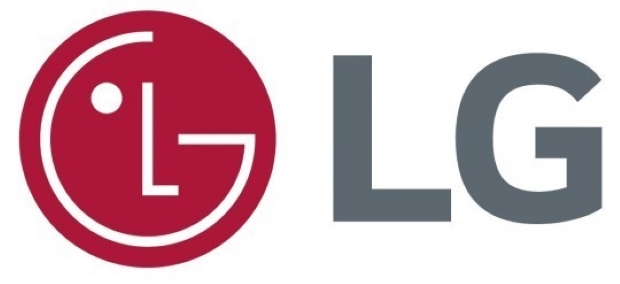Electronics manufacturer LG has filed a lawsuit against a Chinese mobile handset manufacturer TCL. The lawsuit filed in the German district courts of Mannheim and Dusseldorf claims that TCL has infringed several of LG’s LTE technology patents.
LG Electronics has alleged that TCL, a Chinese handset manufacturer, has infringed three of the company’s patents that cover key areas of TLE handsets: minimising the loss of packet transmission, control timers for uplink synchronisation and interference reduction in the uplink synchronising process.
Prior to the lawsuits being filed, numerous attempts were made by LG to remedy concerns with TCL, to no avail. On several occasions, LG has successfully defended its extensive LTE patent portfolio by challenging unlawful use of its technologies. In previous cases of litigation, BLU agreed a licensing deal with LG while a German trial court also ruled in favour of LG in three separate claims against Wilko.
LG has one of the largest portfolios of standard essential patents in the mobile communications market due to its aggressive investment in research and development. LG ranked first in 4G (LTE/LTE-A) patents every year from 2012 to 2016 according to TechIPm, a professional IP research and consulting firm. In addition, German-based market intelligence company IPLytics lists LG as the owner of 11 percent of all 5G standard-essential patents issued to date.
“LG has long invested heavily in LTE innovation and when it becomes necessary, we take action to protect these important assets,” said Jeon Saeng-gyu, executive vice president of LG’s Intellectual Property Center. “As a leader in LTE technology, we have a responsibility to ensure that competition in the industry takes place fairly and legally. These lawsuits are aimed at protecting our investments and challenging the unlawful use of our vital assets and to safeguard the competitiveness of the industry for future innovation.”
Discuss on our Facebook page HERE.
KitGuru says: Adding patents to ideas is critical to bring new products to markets without facing immediate competition, which could potentially harm profit or put a company out of business before it gets off the ground. Even huge companies such as LG need to protect its assets from being copied so they can remain competitive with future innovation.
 KitGuru KitGuru.net – Tech News | Hardware News | Hardware Reviews | IOS | Mobile | Gaming | Graphics Cards
KitGuru KitGuru.net – Tech News | Hardware News | Hardware Reviews | IOS | Mobile | Gaming | Graphics Cards



